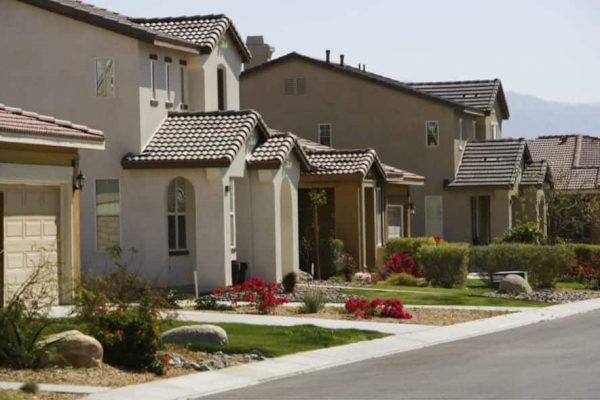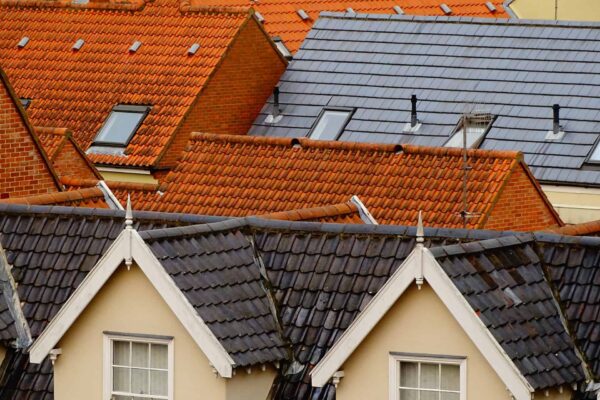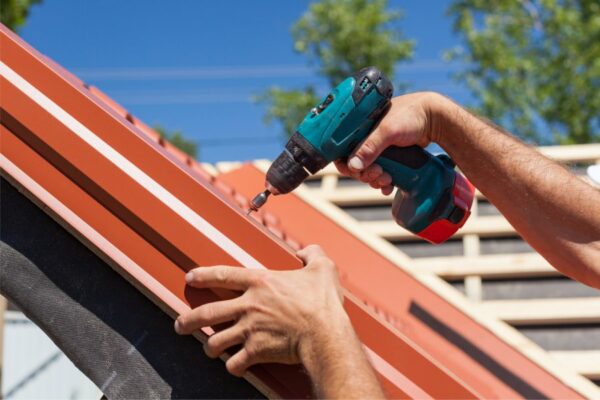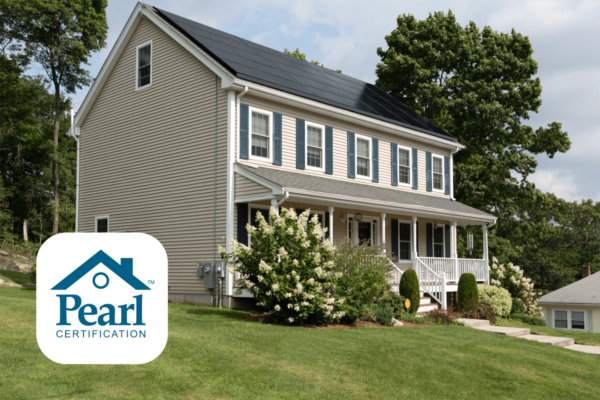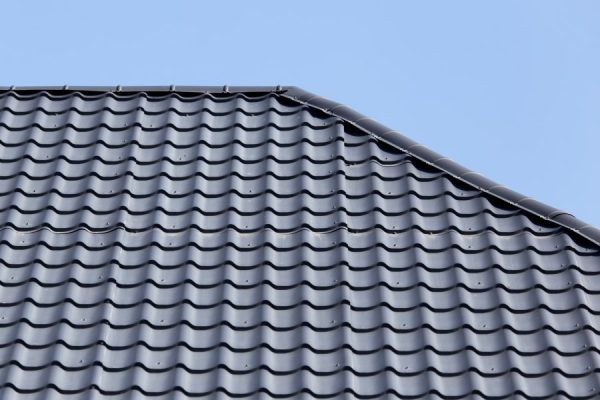When it comes to roofing options, asphalt is a popular choice due to its affordability and durability. However, there are two common types of asphalt roofing: roll roofing and shingles. Both have their advantages and disadvantages, but which one is the better choice for your home?
In this article, we will compare asphalt roll roofing vs asphalt shingles in terms of cost, installation process, lifespan, maintenance requirements and aesthetic appeal so that you can determine which option will best suit your needs.
Understanding the Differences Between Asphalt Roll and Shingle Roofing
Asphalt roll roofing is typically used on low-slope roofs or as an underlayment for other types of roofing materials. This type of roofing consists of large sheets made from asphalt and reinforced with fiberglass or polyester. On the other hand, asphalt shingles are individual pieces that come in various sizes and shapes and can be installed on almost any roof pitch.
We will delve deeper into understanding the differences between these two roofing options based on five key factors: cost, installation process, lifespan, maintenance requirements and aesthetic appeal. By gaining a deeper understanding of these factors you will be able to make a more informed decision when choosing between these two popular forms of asphalt-based roofs.
Benefits of Using Asphalt Roll Roofing: Durability Versatility and Ease of Installation
Asphalt roll roofing offers several benefits over asphalt shingle roofing, making it a popular choice among homeowners. One of the primary advantages of using this type of roofing material is its exceptional durability. Thanks to its composition of a fiberglass mat and asphalt coating, roll roofing can withstand harsh weather conditions such as heavy rain, hailstorms, and wind gusts.
Another advantage that makes asphalt roll roofing attractive is its versatility in terms of installation options. This type of material can be easily installed on flat or low-slope roofs on both residential and commercial properties. Additionally, there are various designs available which allow for customization based on unique property needs.
Lastly, ease of installation rounds out the list as a key benefit to choosing this kinder alternative when compared to traditional shingles. Unlike shingles that require placement one at a time -roll roofs come in longer sheets allowing for faster installations with minimal seams – minimizing chances for leaks along the way. All things considered, if you’re looking for an affordable yet durable solution for your home’s roof system that goes up quick but performs long-term.
Drawbacks of Asphalt Roll Roofing: Limited Style Options Shorter Lifespan
One major drawback of asphalt roll roofing compared to asphalt shingles is its limited style options. Roll roofing typically comes in only a few colors and styles, making it difficult for homeowners who want a specific look for their roof. This can be especially detrimental to those who are looking to increase their home’s curb appeal or aesthetic value.
Another disadvantage of roll roofing is its shorter lifespan relative to asphalt shingles. While both materials offer durability and reliability, roll roofing tends to last anywhere from 5-10 years less than shingles before needing replacement or repair.
This means that homeowners may end up spending more money in the long run-on maintenance costs and replacements if they choose roll roofing over shingles. While there are benefits of using asphalt roll roofing, these drawbacks should be considered before making a final decision on which material to use for your roof.
Benefits of Using Asphalt Shingle Roofing: Affordability Wide Variety of Colors and Styles
One of the most notable benefits of using asphalt shingle roofing is its affordability. This type of material has a lower cost compared to other roofing materials such as metal or tile. It is widely available and easy to manufacture, making it an accessible option for homeowners on a budget. In addition, asphalt shingles are relatively low-maintenance and do not require frequent repairs, which can save homeowners money in the long run.
Another advantage of asphalt shingle roofing is its wide variety of colors and styles. Homeowners can choose from a range of options that fit their desired aesthetics, whether they prefer traditional colors like gray and brown or bolder hues like blue or green. Different styles such as architectural shingles or three-tab shingles offer varying degrees of texture and dimensionality to enhance the curb appeal of any home.
Choosing asphalt shingle roofing offers many advantages for budget-conscious homeowners who still want a durable and aesthetically pleasing roof over their heads. With its affordability, durability, low-maintenance requirements, and versatility in style options, it’s no wonder why this type of material remains popular among consumers today.
Drawbacks of Asphalt Shingle Roofing: Vulnerability to Wind and Weather Damage
A drawback of asphalt shingle roofing is its vulnerability to wind and weather damage. While these shingles are designed to resist harsh conditions, high winds and hailstorms can cause severe damage to them. Strong gusts can lift or break individual shingles, exposing your roof’s underlayment to water damage that could ultimately result in leaks and other costly repairs. Also, over time, exposure to UV rays from the sun will cause the asphalt in shingles to dry out and become brittle, reducing their resistance even more.
Another disadvantage of asphalt shingle roofing is that it isn’t as environmentally friendly compared with other roofing materials such as metal or wood shakes. Asphalt contains petroleum-based products bonded together by a fiberglass matting material, which makes it non-recyclable once it has reached the end of its lifespan. The manufacturing process for these types of shingles generates harmful emissions into the environment. Therefore, if you’re looking for eco-friendly options for your roof replacement project or planning on making sustainable improvements at home – this may not be an ideal choice.
While asphalt shingle roofs are cost-effective upfront choices; homeowners need understanding about their less durable features too before they decide whether it’s right for them long-term!
Asphalt Roll Roofing vs Asphalt Shingles: How to Decide?
Choosing between asphalt roll roofing and asphalt shingles ultimately comes down to your personal preferences and priorities. Both options have their pros and cons, but considering factors such as cost, installation process, lifespan, maintenance requirements and aesthetic appeal can help you make an informed decision.
If you are looking for a more affordable option with easier installation and maintenance, then asphalt roll roofing might be the best choice for you. If you prioritize durability and an aesthetically pleasing appearance that will enhance curb appeal while requiring slightly higher costs and longer installation times than roll roofing alternatives may suit your needs better.
It is important to consult with licensed professionals before making any decisions about materials or techniques to ensure maximum effectiveness in achieving desired outcomes without compromising quality or safety standards within construction practices today!



